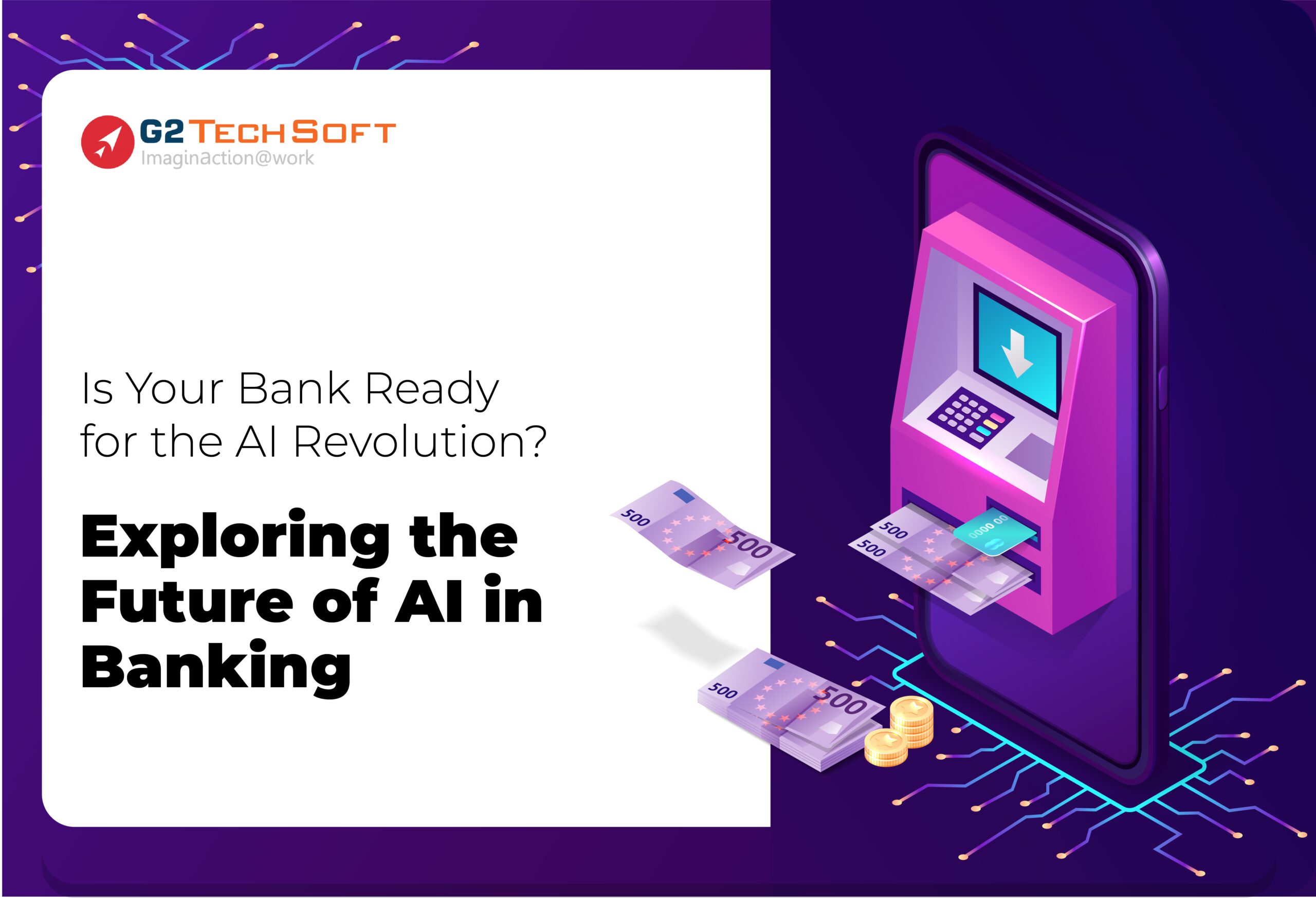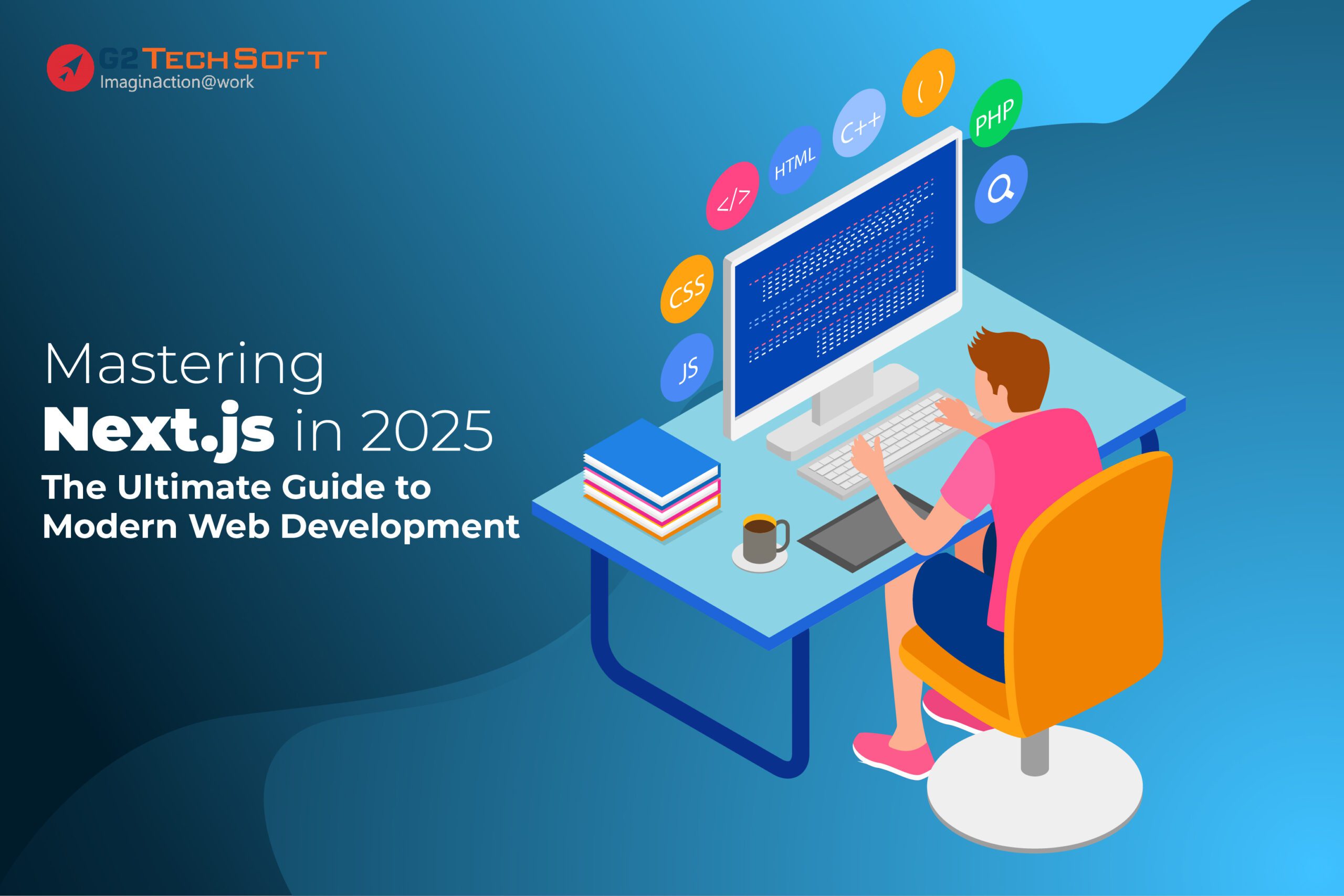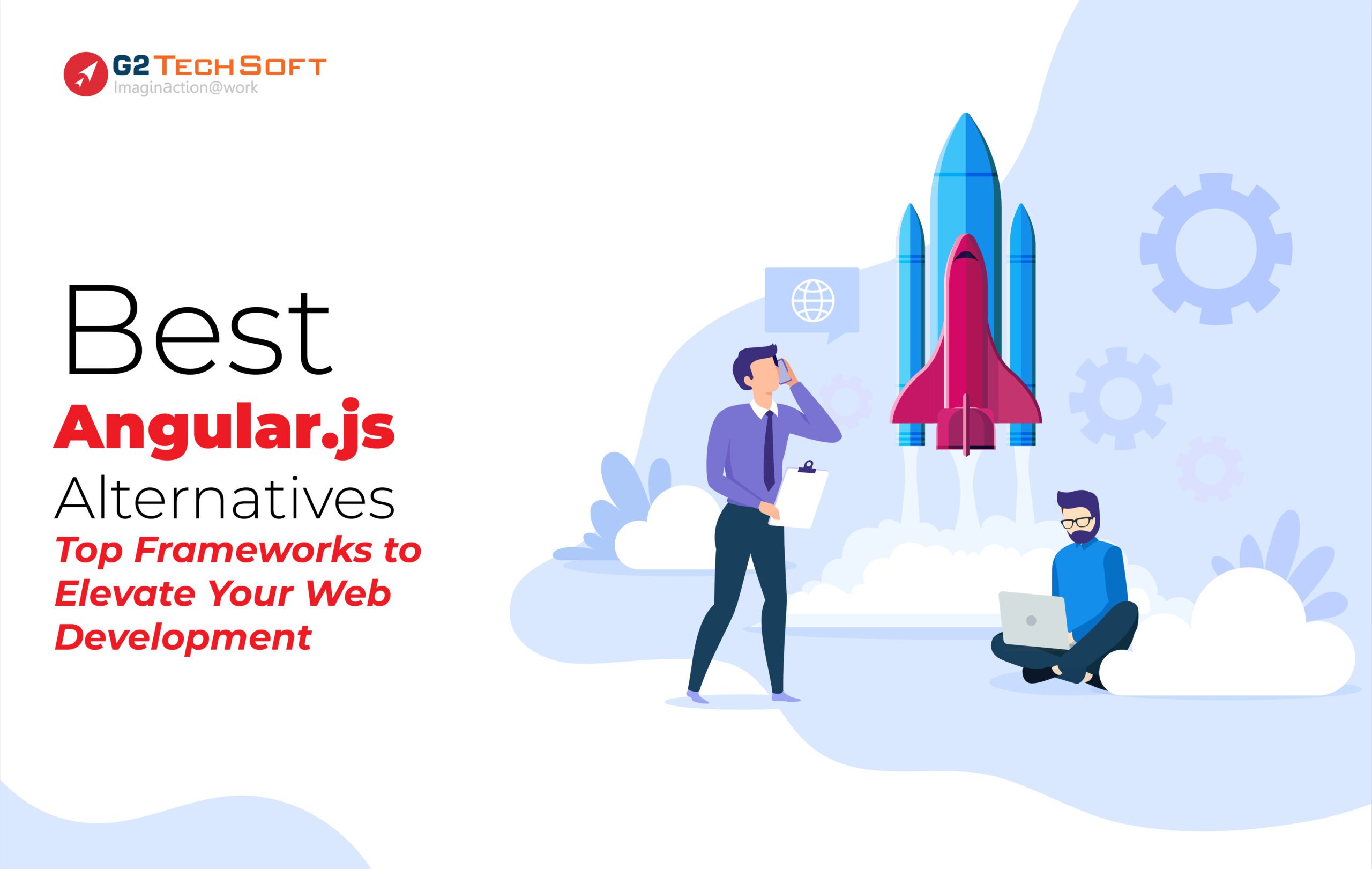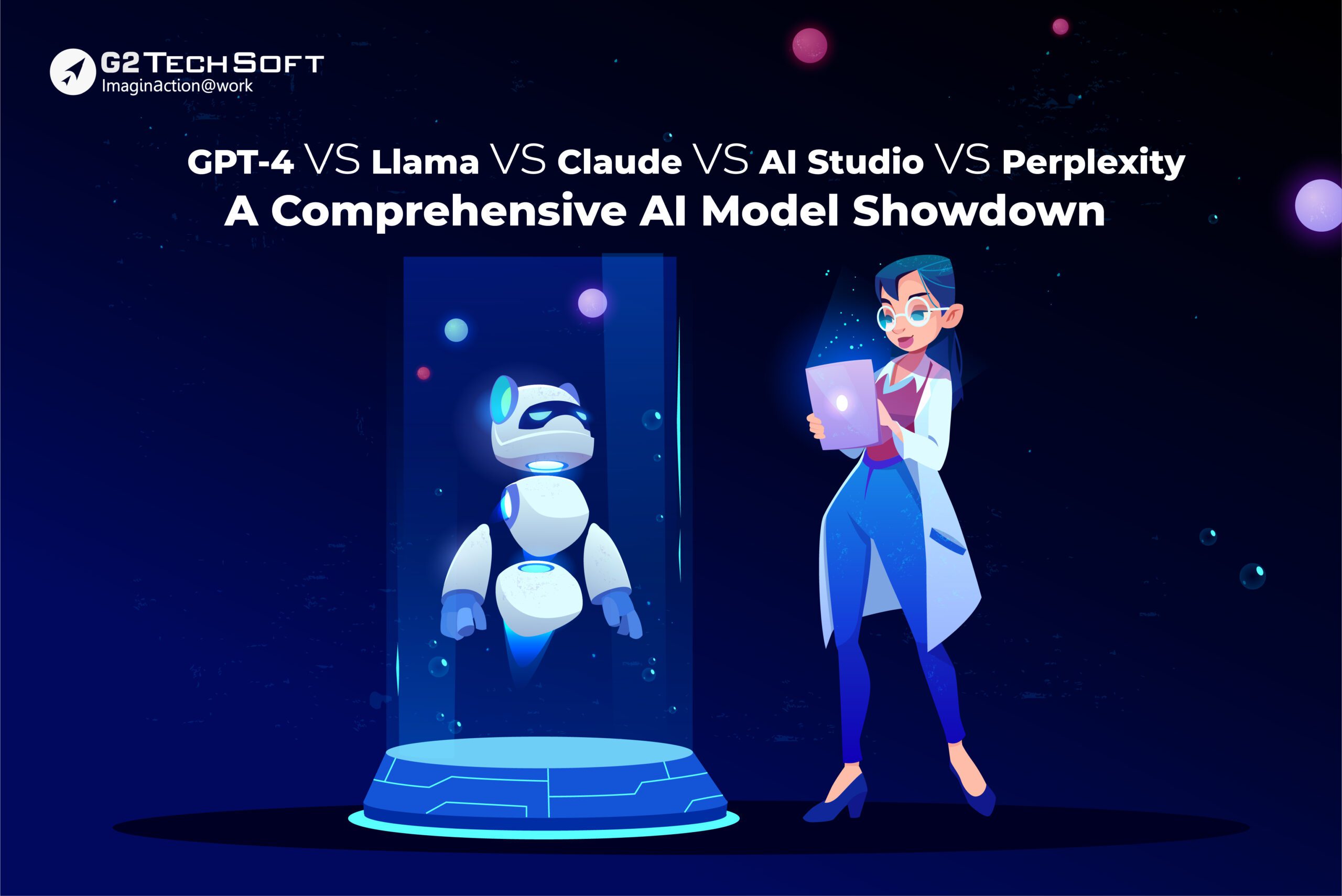
Analyzing The Costs And Advantages Of AI-Powered Applications
AI is emerging as a transformative force, revolutionizing distinct industries and reshaping the way firms operate. According to recent studies, the global AI market is projected to reach an astounding $190 billion by 2025, with an annual growth rate of 37.3%. These statistics highlight AI’s rapid adoption and immense potential across distinct sectors as firms recognize its ability to drive innovation, efficiency, and competitive advantage.
In 2023, the cost of AI software for companies will vary significantly, ranging from $0 to over $300,000. These software options can include third-party solutions or custom platforms developed by in-house or freelance data scientists. Custom AI solutions typically range from $6,000 to over $300,000, covering development and rollout expenses. Ongoing AI services have lower costs that depend on the consultant’s hourly fee. If your firm opts for third-party AI software, the annual cost could be up to $40,000. However, it is worth noting that some firms may find free chatbot applications that meet their marketing needs, although these are more commonly suitable for entrepreneurial operations.
In this blog, let’s understand the costs and advantages of AI-powered applications, with a particular focus on pre-built chatbots.
Why Businesses Are Investing In AI App Development:
The integration of AI has emerged as a game-changing force across distinct industries. As firms seek to gain a competitive edge, developing an AI-powered mobile application could provide significant perks. Here are the primary reasons why investing in an AI app may be worthwhile:
Unprecedented Efficiency:
An AI-powered mobile app can learn user preferences through machine-learning algorithms and automate repetitive tasks. It will permit processes to be streamlined with reduced manual work. Firms benefit from boosted efficiency and optimized operations.
Enhanced Personalization:
By analyzing user data, AI apps can deliver tailored recommendations and content customized for each individual. Whether recommending products or curating personalized content, the customer experience is elevated. It will foster loyalty and engagement.
Actionable Insights:
Processing vast amounts of data, AI applications can detect patterns and glean insights invisible to humans. These strategic insights will enable informed decision-making, continuous enhancement, and staying ahead of market trends.
Superior User Experiences:
Leveraging natural language processing and machine learning, AI apps understand users to provide seamless, personalized interactions on demand. It will result in intuitive interfaces that build affinity for the brand.
Precision And Reliability:
AI applications accurately process data in real-time with minimal human intervention. It will make them highly effective in fields like healthcare, finance, and manufacturing by reducing errors and inconsistencies.
Driving Innovation:
AI mobile apps facilitate novel features like predictive analysis, augmented reality, and voice assistants. It will push boundaries and differentiate, taking user engagement to new levels.
By partnering with an experienced AI app development company, firms can capitalize on these advantages and gain a competitive edge through strategic investment in an AI-powered mobile application.
The Advantages Of AI-Powered Apps: Top 10 Perks
Developing an AI-powered virtual assistant can provide many perks for firms and users. Here are the key perks:
24/7 Support:
An AI assistant can provide customers with round-the-clock support without needing breaks or time off like human agents. It will be invaluable for firms operating globally and serving customers across various time zones. With an AI assistant, customers can get their issues resolved as quickly as possible, regardless of the time of day.
Improved Productivity And Efficiency:
By automating repetitive tasks through machine learning algorithms, AI assistants can handle high volumes of routine work independently and at scale. It will free up employees to focus on more strategic work that requires human expertise, problem-solving, and decision-making. Automation will permit firms to boost throughput, meet service level agreements, and maximize efficiency.
Work-Life Balance For Employees:
Delegating basic, recurring tasks to an AI system enhances employees’ work-life balance. They will no longer need to spend time on mundane, predictable jobs. It will provide flexibility and limit stress, so employees will be happier and healthier. It also helps firms get and retain top talent.
Accuracy And Precision:
AI leverages technologies like NLP and deep learning to comprehend language and context accurately. It can understand users’ needs precisely and respond to requests correctly the first time. It will boost customer satisfaction by limiting confusion and repeated follow-ups.
Ubiquitous, On-Demand Access:
An AI assistant can be accessed anywhere via mobile apps or websites. Customers get instant help from any device with an internet connection. This level of ubiquitous, always-available service enhances customer convenience.
Personalized Experiences:
Through analytics of user data, AI delivers tailored recommendations and customized assistance for each customer’s unique requirements and preferences. This level of personalization constructs strong customer loyalty and engagement over time.
Reduced Wait Times:
AI will independently handle basic queries without needing to involve human agents. It gathers key details upfront, so agents can spend less time on routine information collection and more time resolving complex issues. It boosts customer satisfaction by limiting wait times.
Continuous Learning:
AI virtual assistants double up as information resources. Users can access just-in-time knowledge on distinct topics through natural conversations. This ongoing learning benefit keeps customers engaged with the brand.
Task Automation Simplifies Users’ Lives:
Through voice commands, AI takes care of repetitive chores so users can focus their time and energy on more meaningful activities. It enhances convenience and the overall user experience.
Increased Sales and Revenue:
By providing personalized recommendations, targeted promotions, and round-the-clock customer support, AI assistants can help firms increase sales. They ensure a seamless customer journey from information search to purchase completion.
By automating routine customer service tasks, a virtual assistant frees up employee time that can then be devoted to generating new business and acquiring more customers. It will lead to higher revenues over time.
Key Cost Influencers In AI-Powered App Development:
Algorithm Selection:
The type of algorithm employed significantly impacts the cost. Deep learning and machine learning algorithms require extensive data collection, labelling, model training, and hyperparameter tuning. It makes them more expensive compared to rule-based systems. Firms must evaluate their specific AI needs and budget to opt for the right algorithm.
Data Requirements:
The amount and complexity of data needed to train models also drive costs. Applications dealing with complex, multi-dimensional data like images and videos involve higher data sourcing and annotation expenses. Incomplete or biased datasets can even invalidate models, wasting resources.
Accuracy Standards:
Applications requiring human-level or better-than-human accuracy take longer to develop since they need more sophisticated algorithms, extensive testing, and iterative improvements. Financial trading and healthcare apps with strict accuracy mandates are costlier to build.
Feature Set:
Applications incorporating advanced functionality like computer vision, speech recognition, augmented reality, etc. involve integrating specialized APIs and SDKs from other vendors, increasing development time and license fees. Complex features must be weighed against the budget.
Platform Support:
Building apps for multiple platforms simultaneously is more expensive than initially focusing on a single platform. Cross-platform frameworks can help, but they have associated learning curves and limitations.
Integration Of Technologies:
Incorporating emerging technologies like blockchain, IoT, predictive analytics, etc. demands specialized skills, training, and constantly evolving knowledge, making the process lengthy and expensive. Their relevance must be established.
Testing And Validation:
Thorough testing and validation are critical for AI and ML applications but resource-intensive. Costs rise with the amount of testing, coverage of use cases, number of iterations, regulatory compliance, etc. required to ensure performance, safety, and reliability.
Maintenance And Upgrades:
The total cost of ownership increases with expenses to maintain, upgrade, and retrain applications over time as needs, data, and technologies change. Long-term maintenance plans are mandatory for sustainable AI investments.
Key Takeaways:
Though it requires investment, AI-powered app development provides significant rewards for forward-thinking businesses. AI is transforming industries by enhancing efficiency, automation, and customer experiences.
Whether your goal is boosting workflows, gaining insights from data, or creating personalized journeys, developing an AI mobile app can accelerate growth. Partnering with an experienced AI app developer like G2 TechSoft will permit you to capitalize on AI’s benefits without undue risks or costs. Their experts help translate your vision into reality through customized solutions.
By developing AI apps now, your firm can gain a competitive edge. Connect with G2 TechSoft to discuss an AI app project tailored to your needs and budget. Harness AI to take your firm to new heights!




